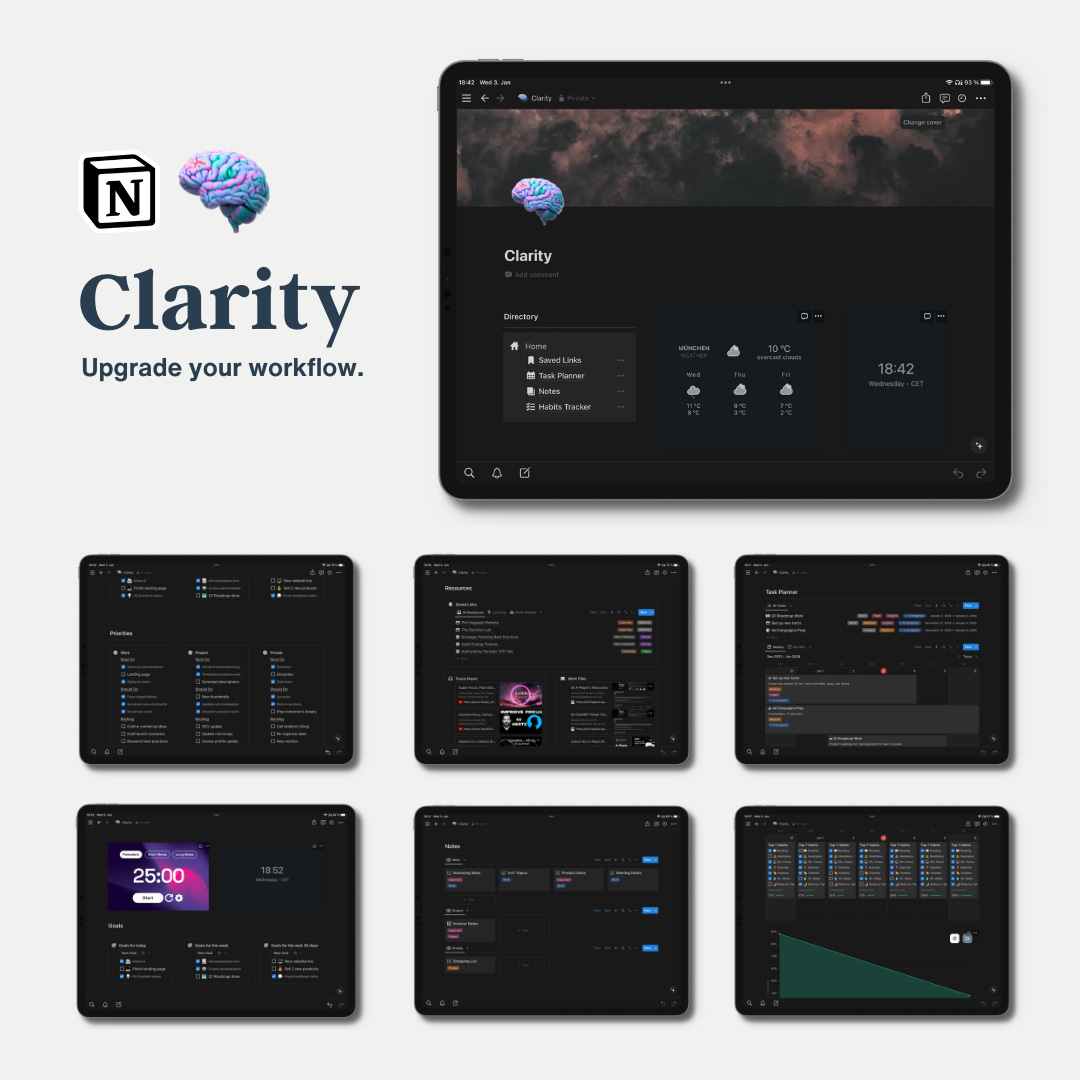Asch Conformity
Why playing it safe leads to false belief expression.
We often adopt or support false beliefs to fit in, even when we know something’s off.
This trend, called Asch Conformity, comes from our strong desire to fit in with others. Solomon Asch first noticed this in the 1950s and it has been seen again in many experiments.
Historically, fitting in was crucial for survival. Standing out could mean getting banned from the tribe and slaughtered by nature.
Conformity just was a much safer bet than expressing our true beliefs.
Our surroundings have evolved today, and disagreeing rarely leads to dire consequences. This old habit, however, still sits deep within us.
We all, in some way, are influenced by Asch Conformity. If many people agree with an idea, we're more likely to agree with it publicly. Whether we truly believe it is less important.
We conform primarily for two reasons: to avoid looking foolish (normative influence) and because we assume the group knows better (informational influence).
Asch Conformity relates closely to phenomena like groupthink and the bandwagon effect.
While our intrinsic desire to fit in isn’t vanishing anytime soon, recognizing and consciously designing against this bias is key — especially when you are in group discussions or trying to get a whole team to discuss issues and problems openly.
🤍 Here’s something cool I built:
It’s a Notion “Second Brain” template.
It contains the best of:
📝 Note Taking
🎯 Goal Setting
✅ Habit Tracking
✨ Daily Reflection
⏳ Focus Time Blocking
⚡️ Structured Prioritization
📂 Resources Management
You can have it for free.
Seriously.



